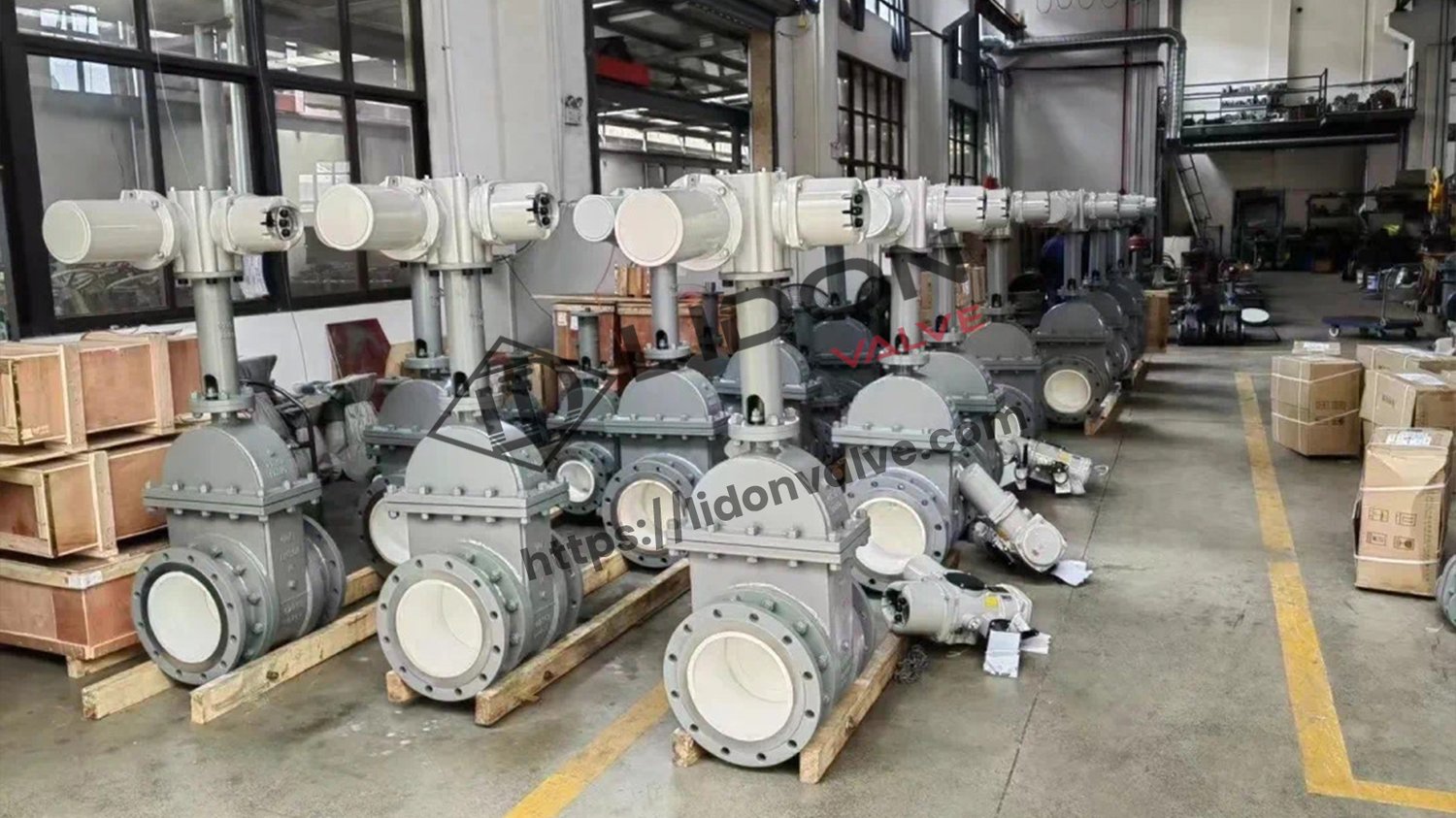Dual Seal vs Double Seal: Understanding the Key Differences
When it comes to sealing solutions, the terms "dual seal" and "double seal" are often used interchangeably, causing confusion for many people. Although both seals work to prevent leaks and ensure mechanical stability, they differ in terms of their design and application. In this article, we will delve into the key differences between dual seal and double seal and their respective pros and cons.
What is Dual Seal?
Dual seal is a type of mechanical seal consisting of two separate sealing elements designed to prevent fluid leakage. It features two sets of seal faces, each mounted on a separate stationary and rotating ring. The inner seal is responsible for preventing leakage from the process fluid, while the outer seal serves as a safety barrier in case of failure of the inner seal. Dual seals are commonly used in applications that involve hazardous and aggressive liquids, such as chemicals, acids, and solvents.
What is Double Seal?
Double seal, also known as tandem seal, is a type of mechanical seal that includes two sets of seal faces installed in series. In this configuration, the first set of seal faces is responsible for sealing the process fluid, while the second set acts as a safety backup. The use of double seals is particularly common in applications that involve high-pressure, high-temperature, and corrosive liquids, such as refinery operations, petrochemicals, and power generation.
Design Differences Between Dual and Double Seals
One of the primary differences between dual seal and double seal is their respective designs. Dual seals consist of two single mechanical seals installed in tandem, with an additional leakage containment system that provides an added level of safety. On the other hand, double seals feature two sets of seal faces mounted on a single shaft, with one set in front of the other. This design helps to balance pressure differentials and reduce heat buildup, resulting in improved seal reliability and longevity.
Application Differences Between Dual and Double Seals
Another significant difference between dual seal and double seal is their respective applications. Dual seals are well-suited for use in applications involving hazardous, caustic, or flammable fluids that require a high level of safety and containment. In contrast, double seals are commonly used in applications with high-temperature, high-pressure liquids that require a higher degree of resilience and durability.
Pros and Cons of Dual Seals
Pros:
- Provides an additional layer of safety in case of seal failure.
- Well-suited for hazardous and aggressive liquids.
- Offers superior leakage prevention.
- Provides good temperature resistance.
Cons:
- Requires more space and additional equipment to contain any potential leaks.
- More challenging to install and maintain.
- May be subject to higher friction and greater wear and tear.
Pros and Cons of Double Seals
Pros:
- Highly resilient and durable under high-temperature and high-pressure conditions.
- Reduces heat buildup and pressure differences, improving seal performance and longevity.
- Easy to install and maintain.
- Provides good chemical resistance.
Cons:
- May not be suitable for hazardous or corrosive liquids.
- Less effective in preventing leakage than a dual seal.
- More expensive to purchase and maintain.
How to Choose Between Dual Seal and Double Seal
When choosing between dual seal and double seal, it's essential to consider several factors, such as the application requirements, the fluid type and composition, and the operating conditions. Generally, dual seals are an excellent choice for applications that require a high degree of safety against leakage and fluid escape, while double seals are better suited for high-pressure, high-temperature applications that demand resilience and long-term reliability.
The Final Verdict
Although dual seal and double seal share many similarities, they also differ significantly in terms of their design, application, and performance. Ultimately, the choice between these two types of mechanical seals will depend on the specific needs and requirements of your application, as well as your budget and maintenance capabilities.

